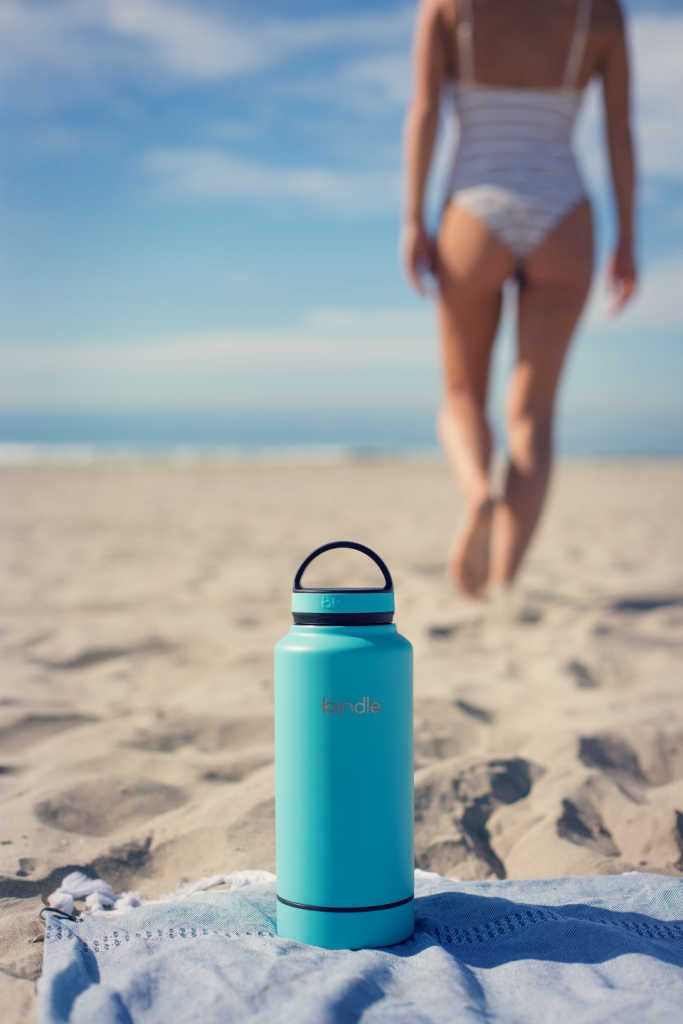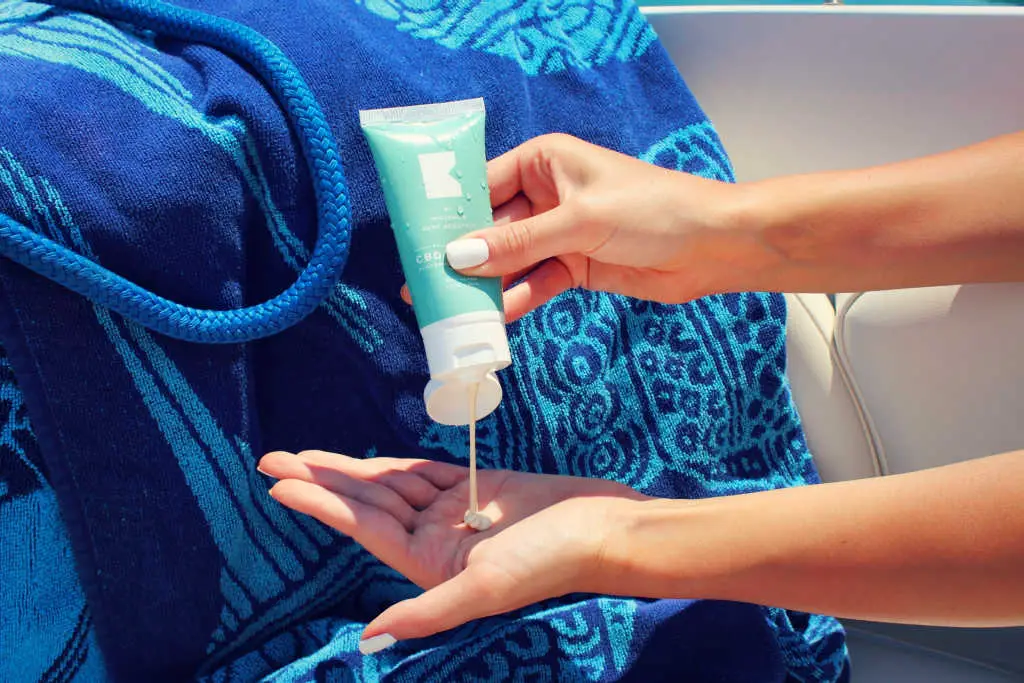Traveling to a warm destination to beat the heat can bring a smile to many people’s faces, especially if it is likely to be cold back home. However, beyond the excitement of traveling or going on vacation, you may also need to consider the ways that you can look after yourself, both in the short and long term. Taking different aspects into account before you go can help to prevent health problems from arising, which will allow you to enjoy that time a whole lot more.
1. Wear Sunglasses
A good pair of sunglasses has a number of functions to help beat the heat and protect your eyes in warm, bright weather. Firstly, you may want something to help protect your eyes from the sun’s rays, which is where UV protective sunglasses can be essential. This can help them to remain healthier for longer.

Secondly, you might want to simply enjoy the sights around you, without harsh light or glare blocking your view. Purchasing some good quality prescription sunglasses from EyeBuyDirect will allow you to make the most of your holiday, and still have the requirements added to the lenses to enable you to see clearly. Keeping your glasses clean, and avoiding contact with any abrasive materials, will help them to serve you that much better.
2. Stay Hydrated
Generally, it is recommended that an adult drinks at least eight glasses of water every day to beat the heat. However, this doesn’t take into account warmer climates. When you are somewhere hot, your body is much more likely to produce sweat, which can contribute to dehydration. This can be made worse by large amounts of physical activity, such as when hiking in a dream destination.

Drinking plenty of water at meals, and keeping a bottle of water on you at all times, can allow you to replenish your body. Keeping a bottle on hand may also be advisable if you plan on traveling to a destination where safe drinking water is not available from the taps.
3. Apply Sunscreen
When you venture to a warm destination, you might have packed a bottle of sunscreen for use at the beach, or on especially hot days. However, your skin can still be at risk, even when the weather is overcast or cooler. This is due to the UV rays from the sun still passing down onto your skin. Choosing the correct SPF is only half the battle.

You may also want to consider opting for one that is waterproof, especially if you plan to spend time in the pool or at the beach to beat the heat. It can also be beneficial to use sunscreen on cloudier days, to help protect your skin even when not in contact with direct sunlight.
Looking after yourself in warm climates is mostly about making sensible decisions regarding how you carry yourself throughout the day. By putting safety before fun, you may have a far better time, especially if you can avoid the side effects that come with dehydration or sunburn. Staying cool, and avoiding going out during the most temperate parts of the day, can help.





